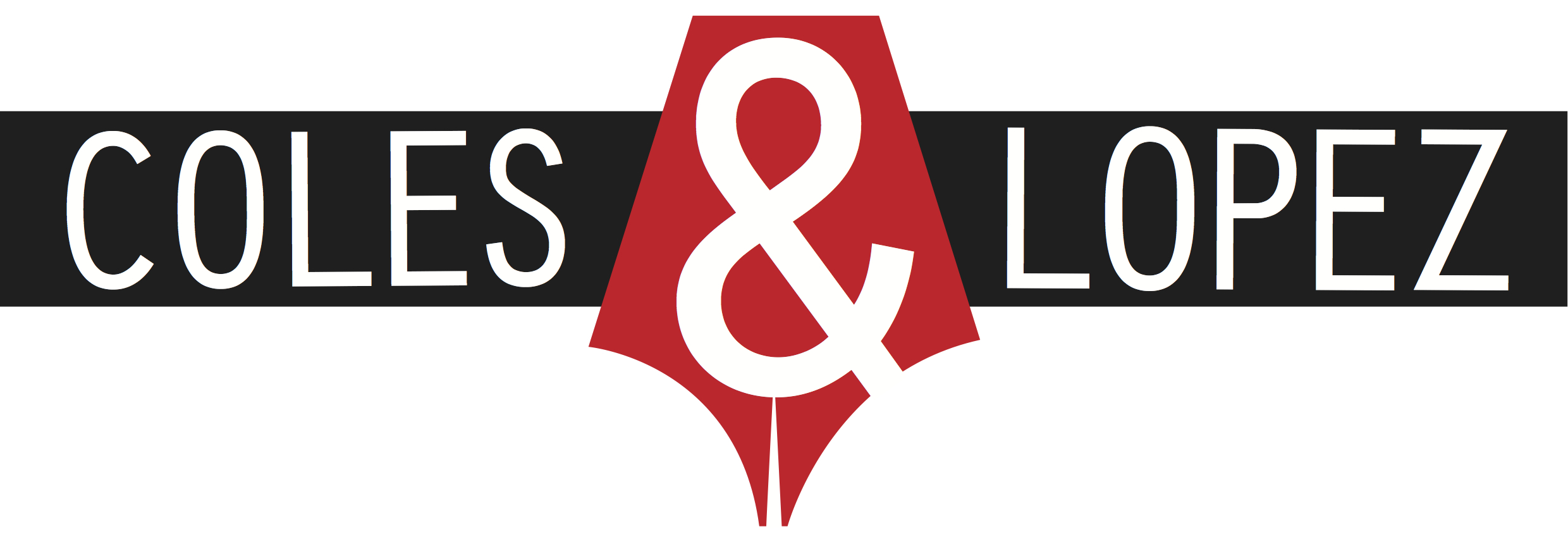Your services are no longer required
Hi there, loyal blog reader. Can you do me a favour? I wrote a little press release for Coles & Lopez, and I’d love your opinion. Here it is:
In this age of spellcheck, many people think hiring a professional editor is no longer critically important. But they’re wrong – it’s blatantly obvious when a writer has failed to seek professional help. That’s where Coles & Lopez comes in.
Daisy Coles and India Lopez, two well-respected editors with a sum total of more than 20 years’ experience, do so much more than check the basic fundamentals of spelling and grammar. They look at consistency, plot, characterisation and style, making sure writers don’t revert back to overused clichés. When they enter into a contract with an author, they work until they get the perfect final result, no matter how many drafts it takes.
Daisy and India have been working together in close proximity for the past two years, but their history goes back way further than that. They first met when they were 11 and six years old respectively, so they have a wealth of past experience as both friends and fellow co-workers. Hiring one of them means getting the added bonus of the other’s expertise. Whenever one is faced with a difficult dilemma, the other is right there to help.
At this moment in time, they’re thrilled with how Coles & Lopez is going, and they certainly plan to continue on with their partnership. However, they have plenty of other exciting future plans, so watch this space!
What do you think? Terrible? Or just a bit boring and overly long? As you might have guessed, I’m not actually going to distribute this “press release”. I wrote it to highlight something that almost all of us are guilty of: redundancies.
In writing, a redundancy is a phrase that says the same thing twice, meaning one or more of the words is redundant, unnecessary, surplus to requirements. (And yes, I realise it’s ironic that I just said “redundant” in three different ways.) Why don’t you return to my masterpiece above and try to find the redundancies?
If two things are essentially the same, one of them is redundant. (This applies only to words, not people, but I couldn't resist the creepiness. Happy Halloween!)
By my count, there were 18 in total. Here’s how I would fix them:
critically important – change to either critical or important (they mean the same thing)
blatantly obvious – delete blatantly (blatant and obvious mean the same thing generally, but obvious is more fitting here)
well-respected – delete well- (respected implies positivity, so well is unnecessary)
sum total – delete either sum or total (they mean the same thing)
basic fundamentals – change to either basics or fundamentals (they mean the same thing)
revert back – delete back (revert means go back)
overused clichés – delete overused (all clichés are overused)
enter into – delete into (the preposition into is implied by enter)
final result – delete final (all results are final, despite what Donald Trump might say)
in close proximity – change to closely (proximity means closeness)
first met – delete first (people can only meet, in this sense, once)
past experience – delete past (all experience is in the past)
fellow co-workers – delete fellow (fellow and co- say the same thing)
added bonus – delete added (all bonuses are additional)
difficult dilemma – delete difficult (all dilemmas are difficult)
at this moment in time – change to either at the moment or at this time (all moments are in time)
continue on – delete on (the preposition on is implied by continue)
future plans – delete future (all plans are for the future)
If you’re surprised by how many redundancies you missed, don’t worry – these phrases are so common that they no longer register in our minds as mistakes. And that’s just one more reason to hire an editor. They are, after all, “critically important”.

